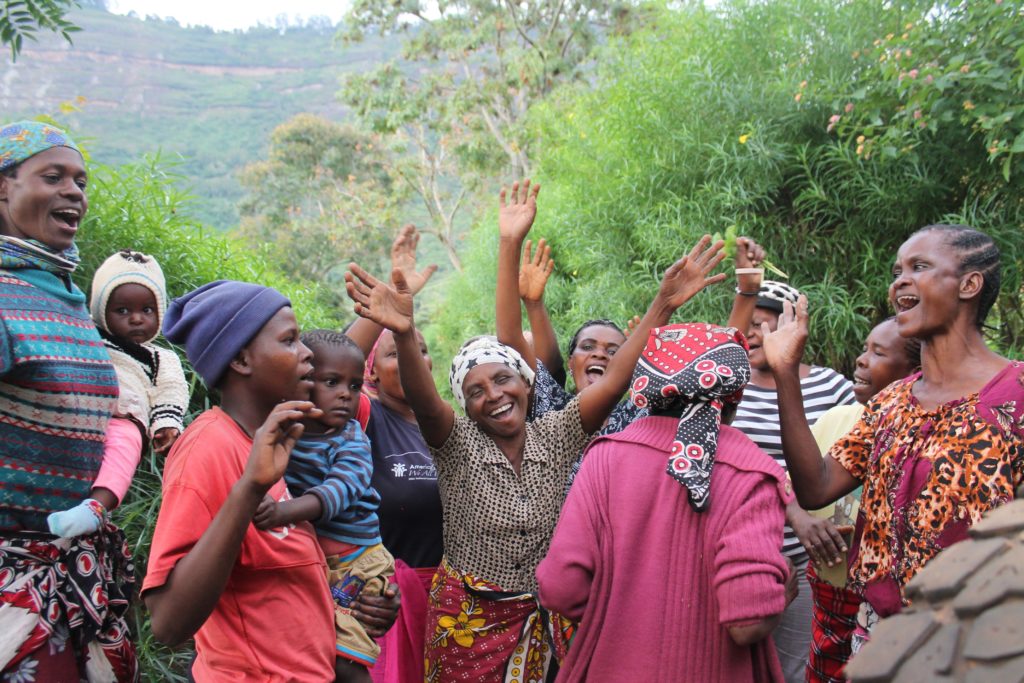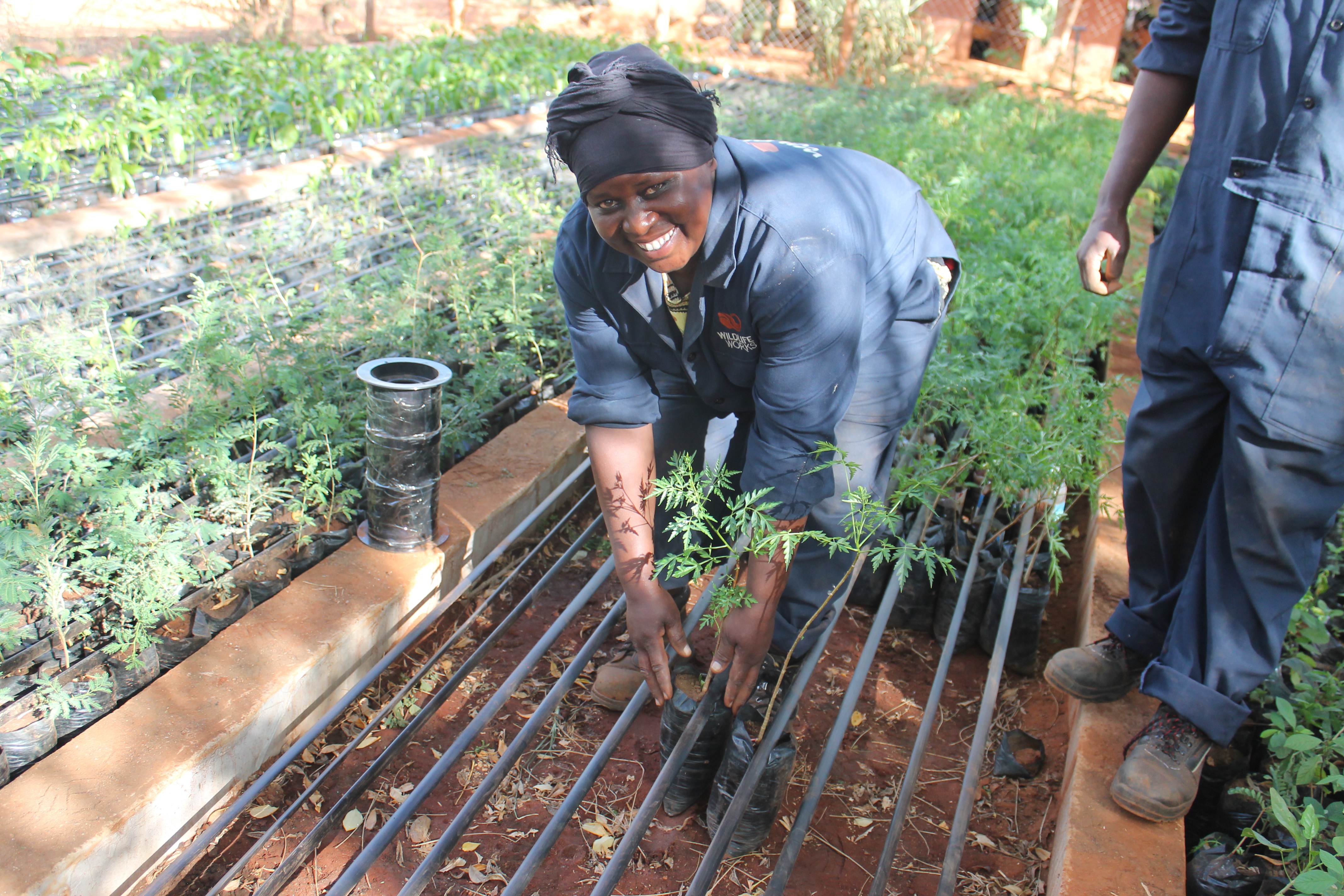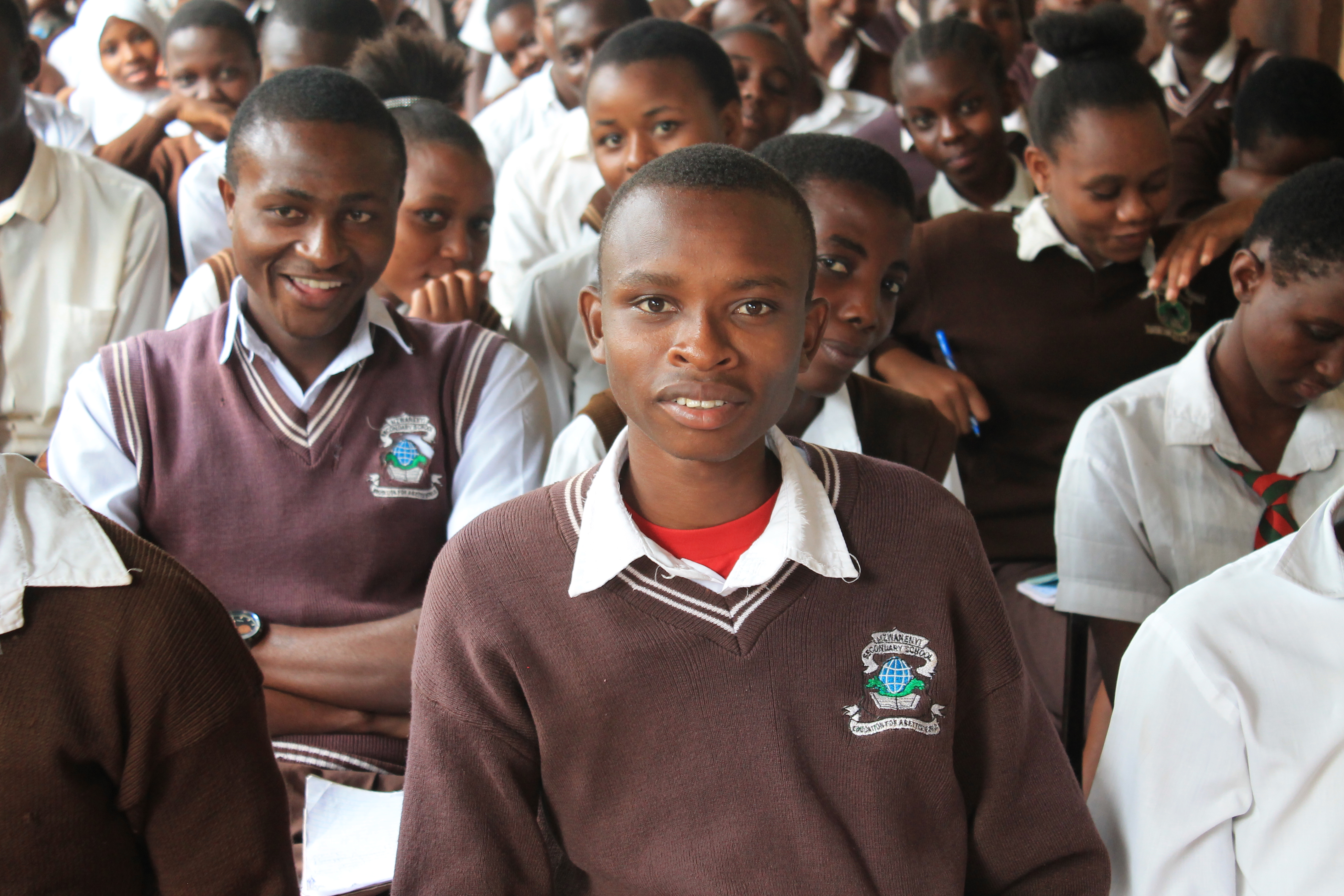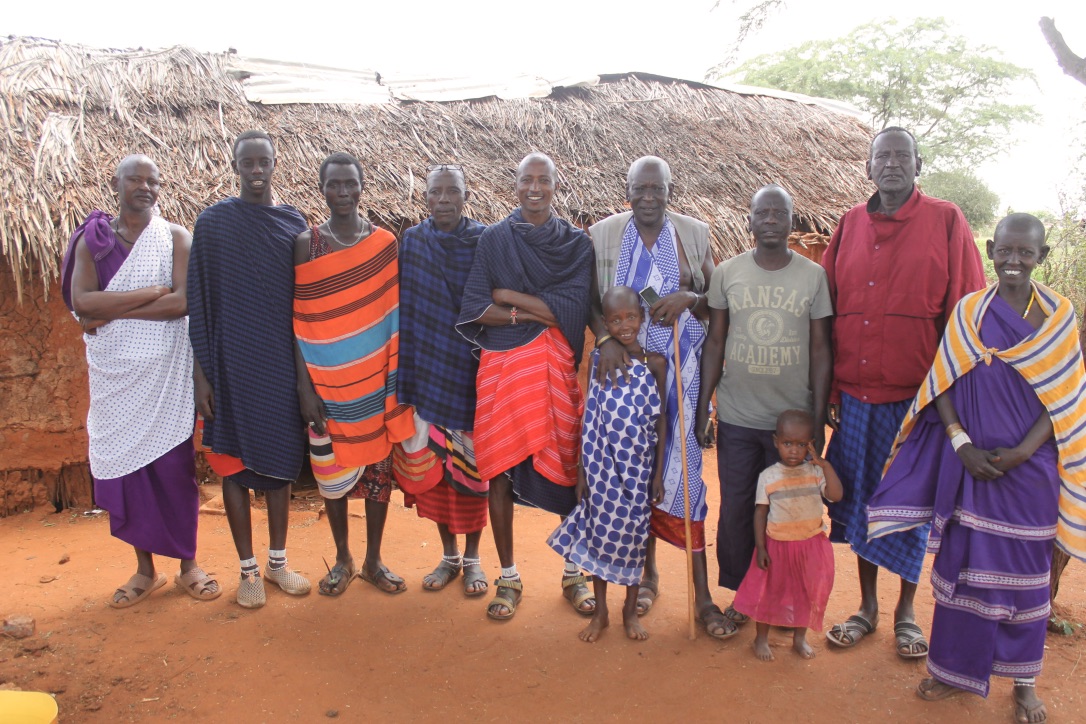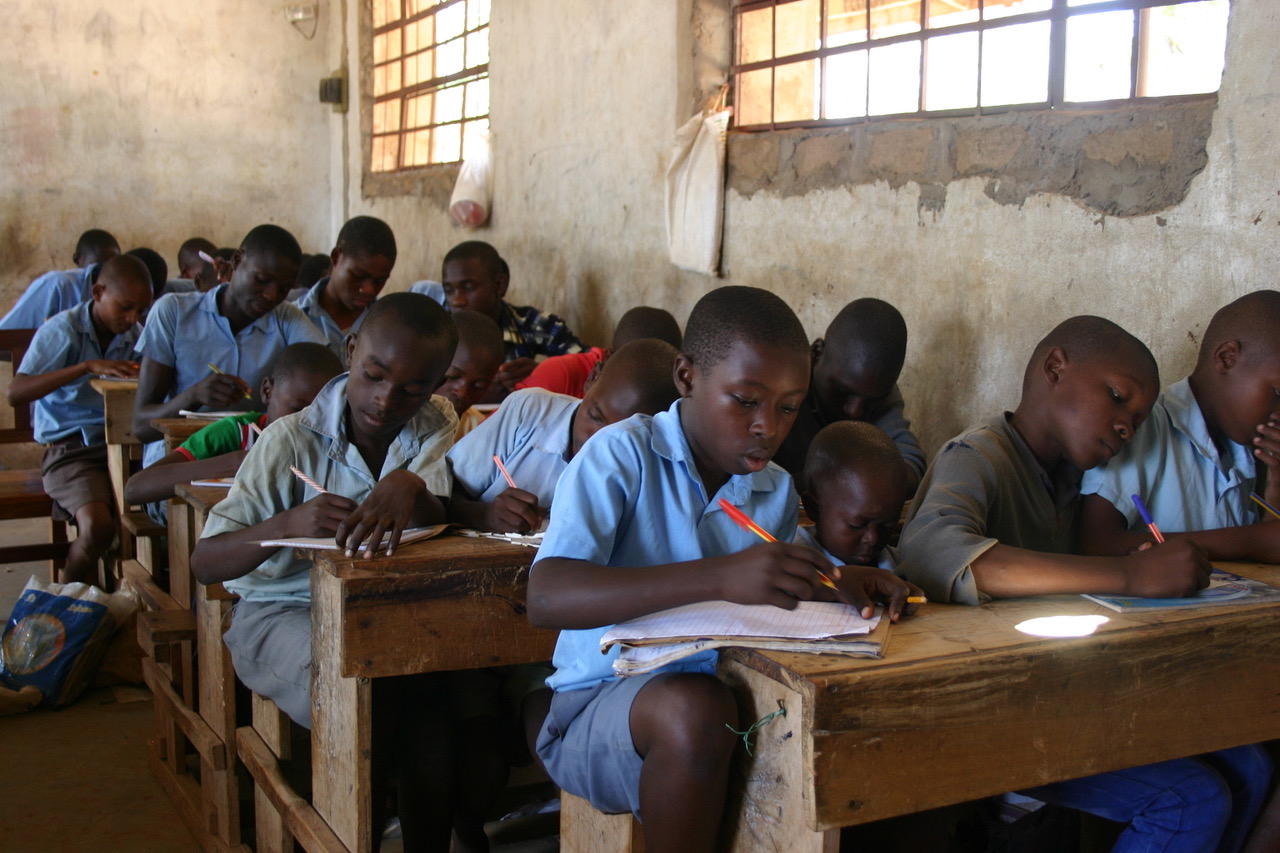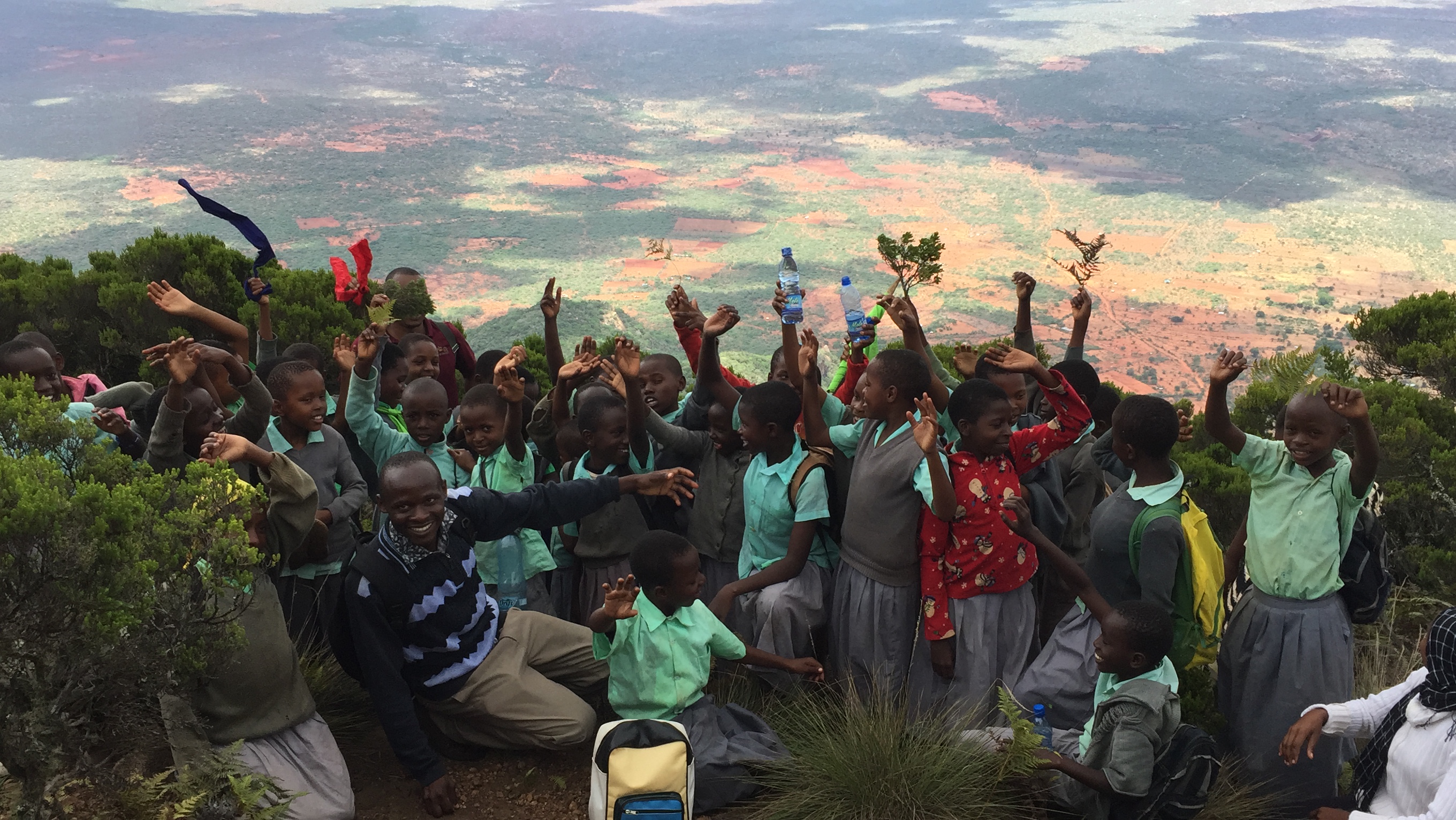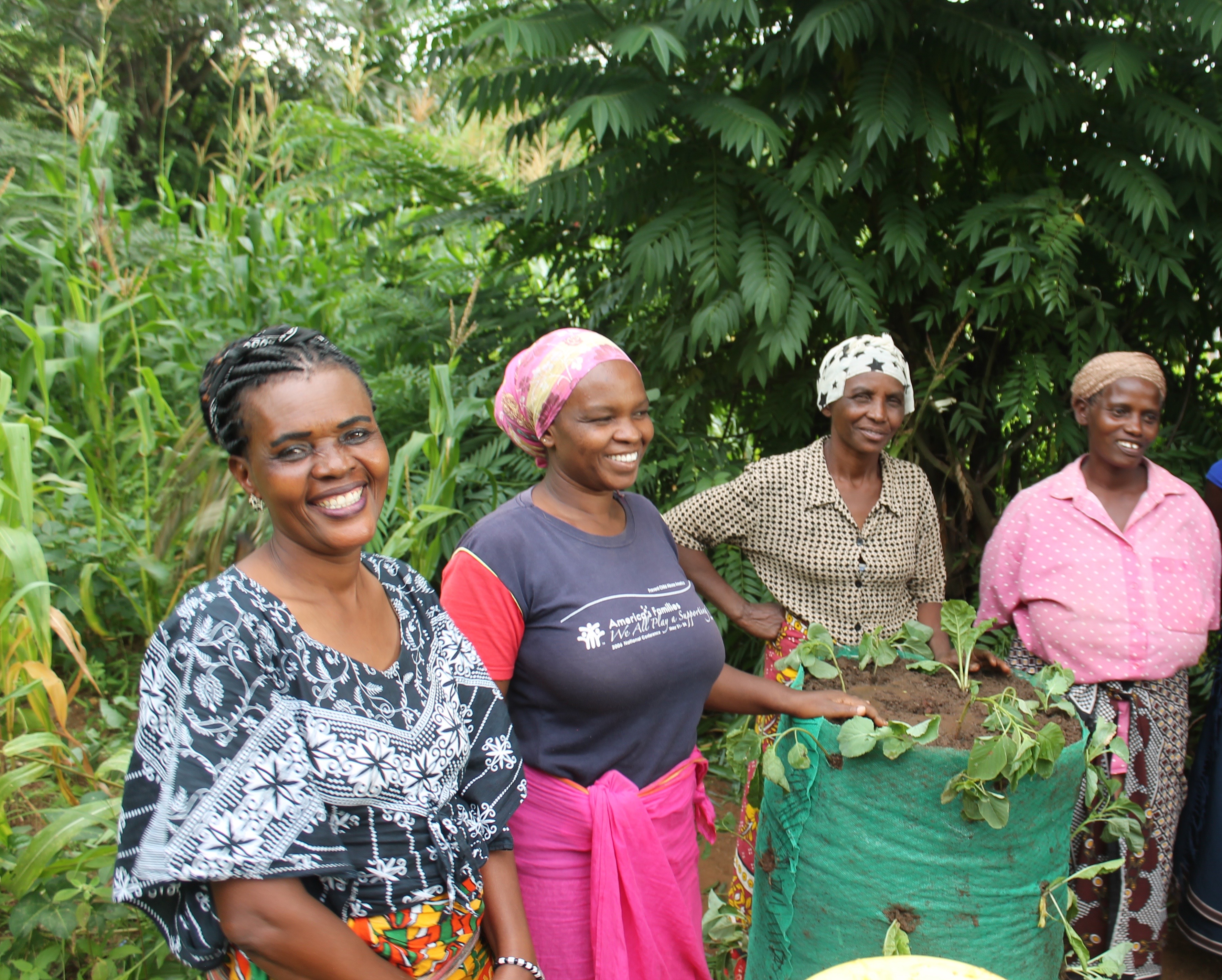
Wildlife Works Partners With Zooterra to Build Women’s Capacity in Vertical Farming
By Jane Okoth
Women’s empowerment and equality is one of the United Nations Sustainable Development Goals, and is integral in ensuring that women are not deprived of their basic rights and opportunities. In order to achieve this goal, Wildlife Works has been working with various organizations to invest in women and respect their self-determination.
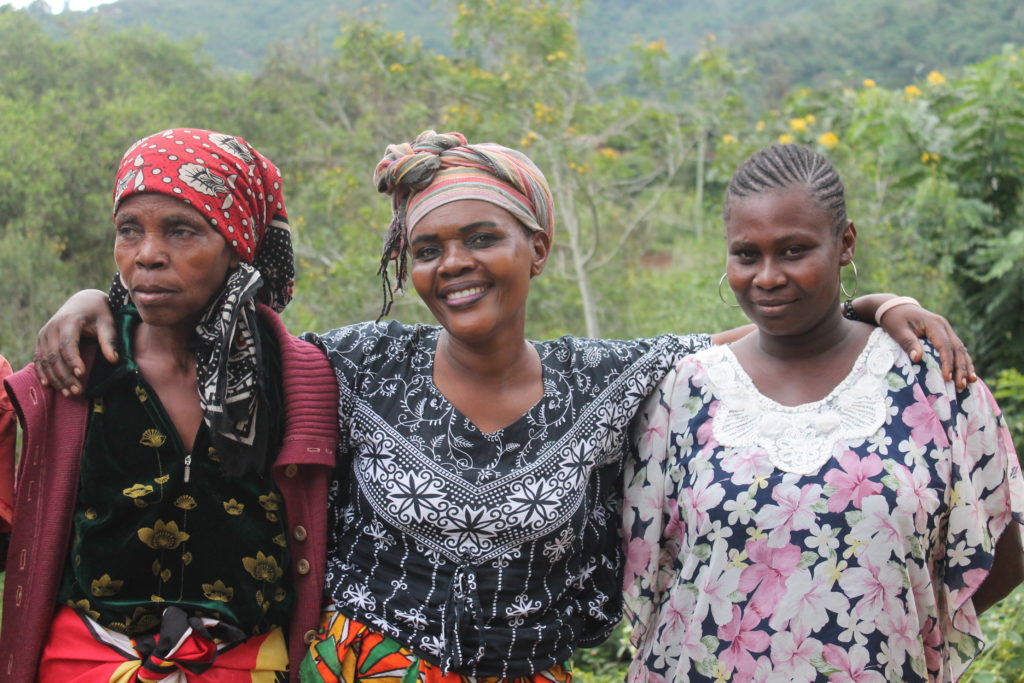
Recently, Wildlife Works partnered with Zooterra, a habitat conservation digital firm that allows anyone to invest in nature conservation through digital tokens called terras, which use geolocation and satellite imaging technologies. Thanks to this partnership, two women’s groups in the Kasigau Corridor REDD+ Project received funds to start a vertical farming project.
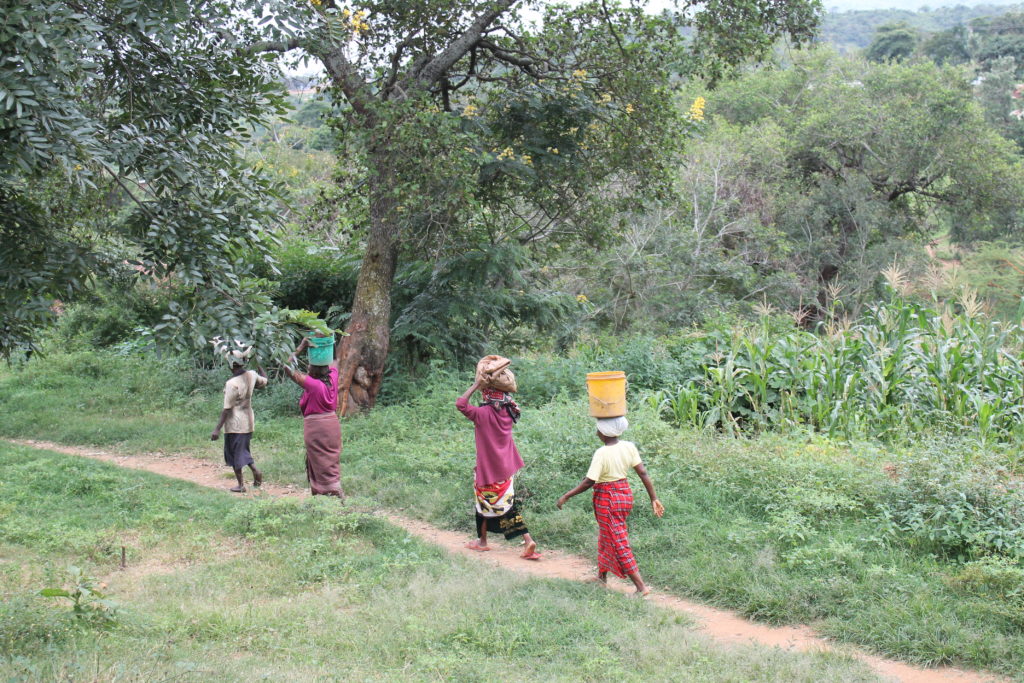
Celestine Ighombo is the Chairlady of Single Mothers Comfort, an empowerment group based in Sechu, part of Wildlife Works’ project area. As the name suggests, the group comprises of single mothers who are either widowed or separated from their spouses.
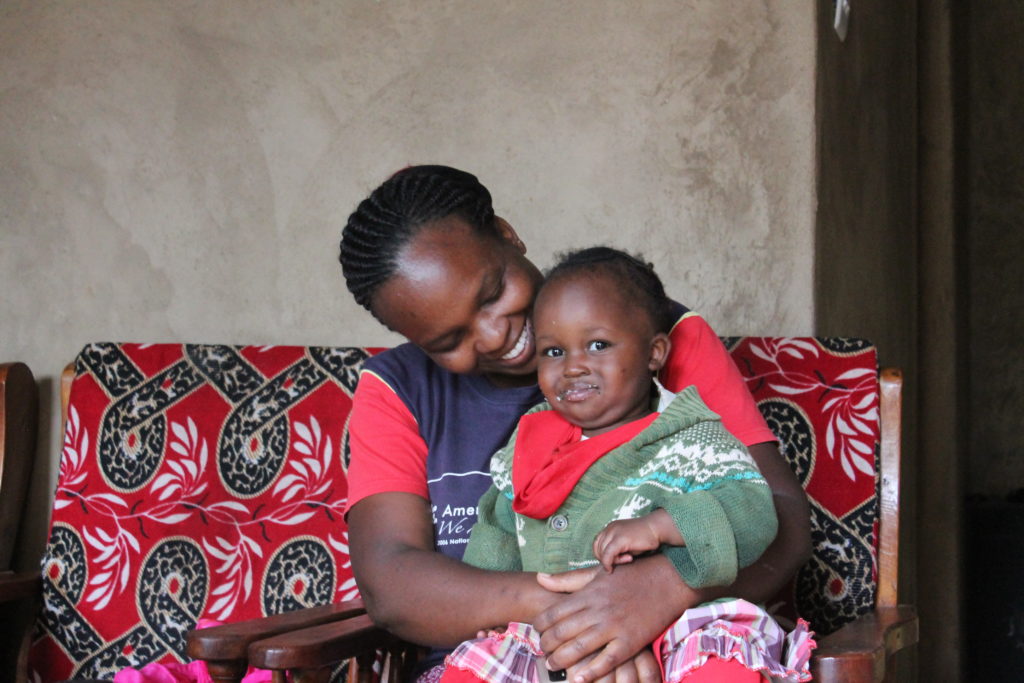
In a male-dominated society, women (especially single mothers) often experience challenges when it comes to providing for their daily needs. The inspiration behind forming the women’s group was to end the stigma associated with single mothers.
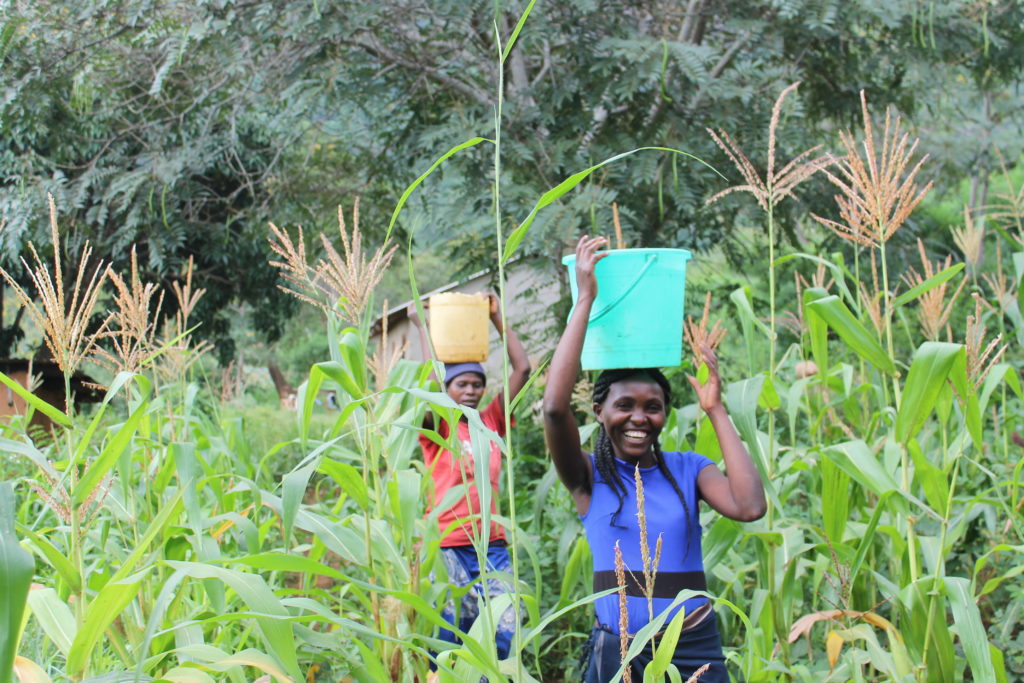
“Kenyan society views single mothers as failures because we are not married. We are positive that through this project, we will be able to sustain ourselves,” says Celestine.
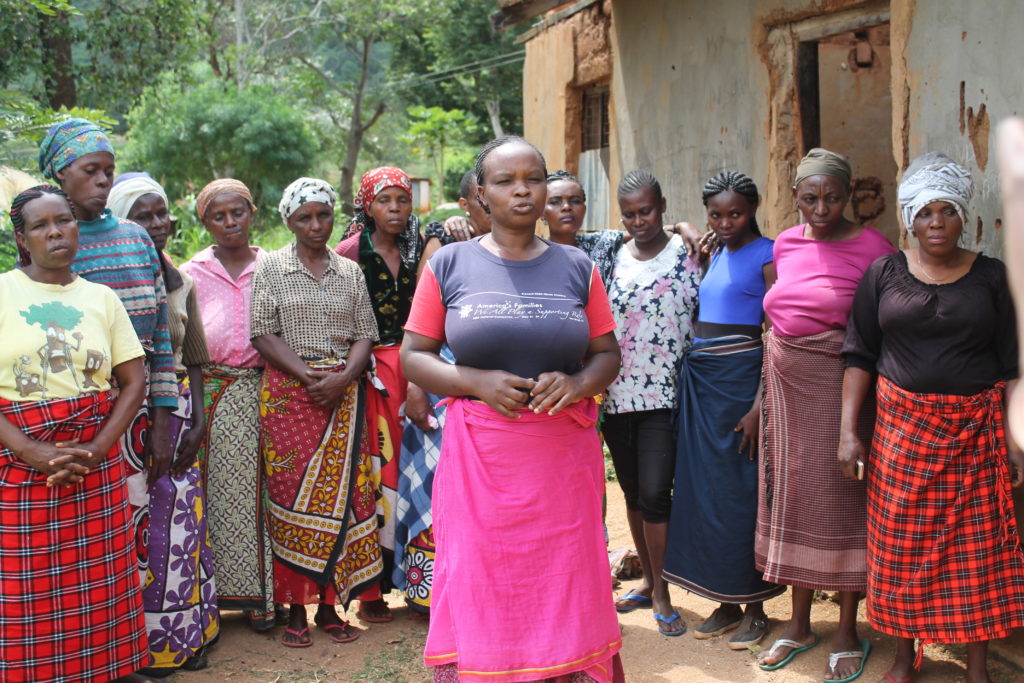
The concept behind the vertical gardening program is that crops and vegetables are planted in a vertical manner using green net sacks. This type of farming saves space, allowing one to have a variety of different vegetables in a single sack.
Led by Greenhouse Manager George Maina, our greenhouse team has been helping both women’s groups to set up the vertical gardens using locally available materials. Before setting up, George explains to them the importance of vertical farming and how to maintain it.
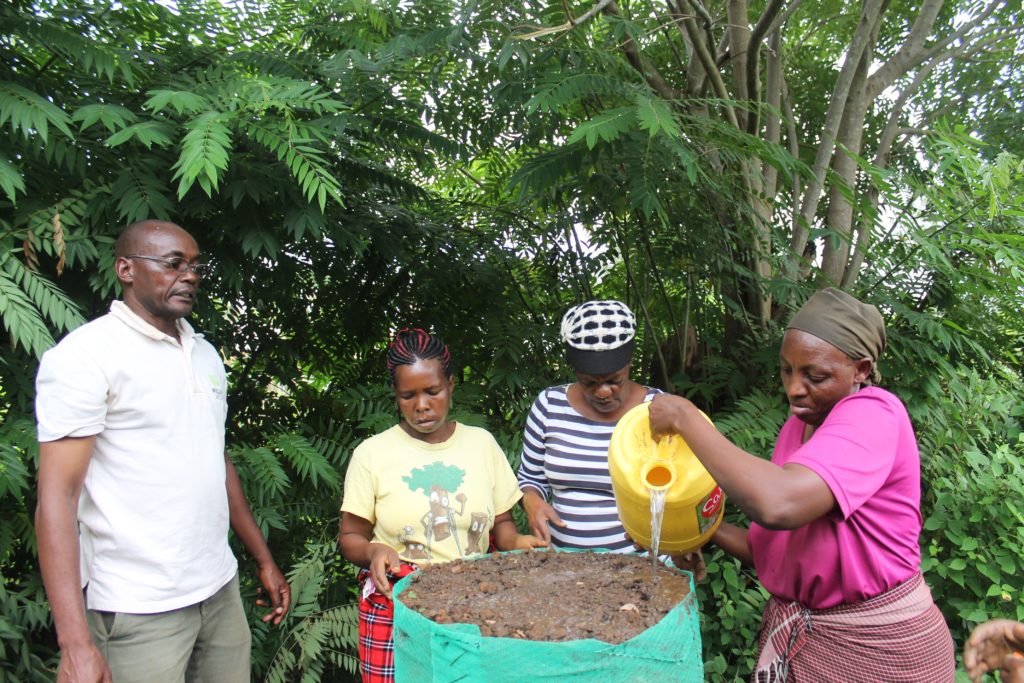
“Since this type of farming is less strenuous, it becomes ideal especially for older women who cannot bend or strain themselves when tilling the land,” he says.
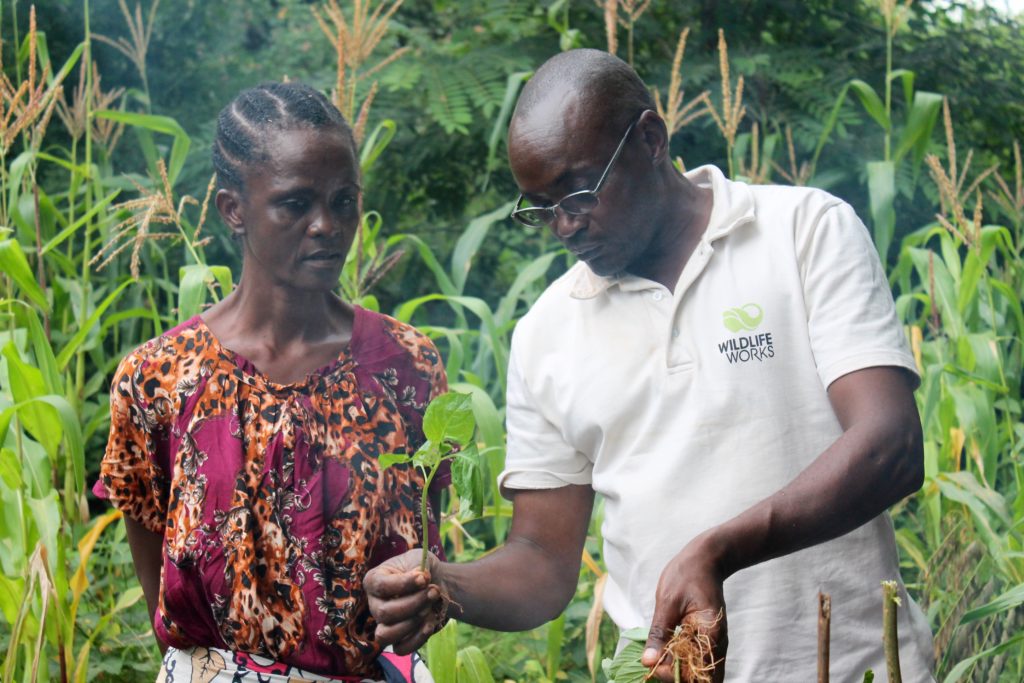
“The practice is also aimed at using less space and water while reducing reliance on fertilizers and producing better yields,” he adds. Through the vertical garden project, both women’s groups will grow vegetables for sale and sustain their families.
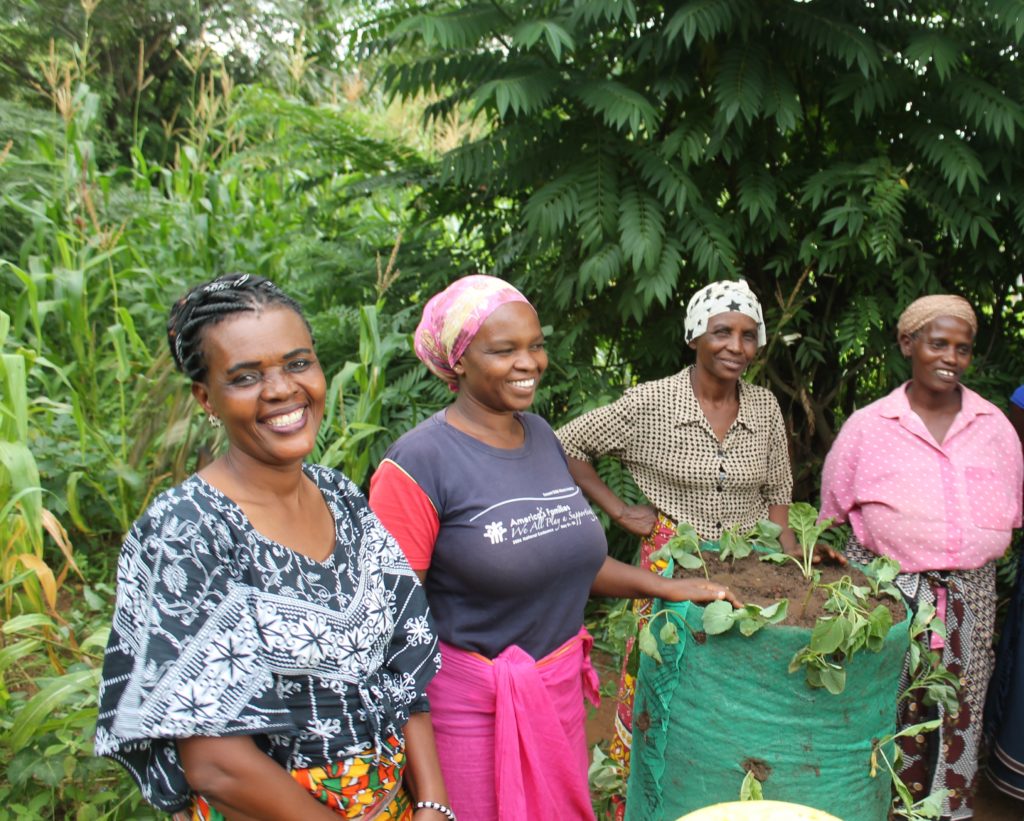
According to Celestine, most women in the group were forced to leave their marriages, citing abuse from their former spouses, only to be rejected later by their immediate family members. One woman recalls how she moved out of her matrimonial home but was later chased away by her father and brothers. “My father and brothers claimed that once I got married, I was no longer welcomed in their home” she said.
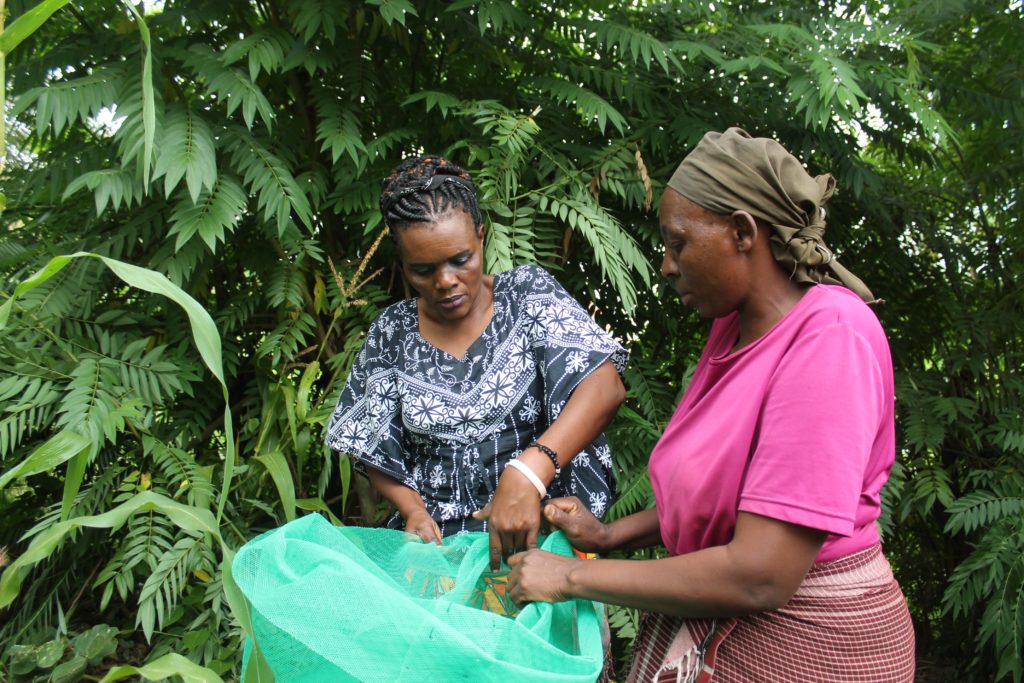
Women in Kenya are still discriminated against and do not have the right to inherit property from their parents. At the moment, the majority of the women in the group live in rented houses because they cannot afford to buy land.
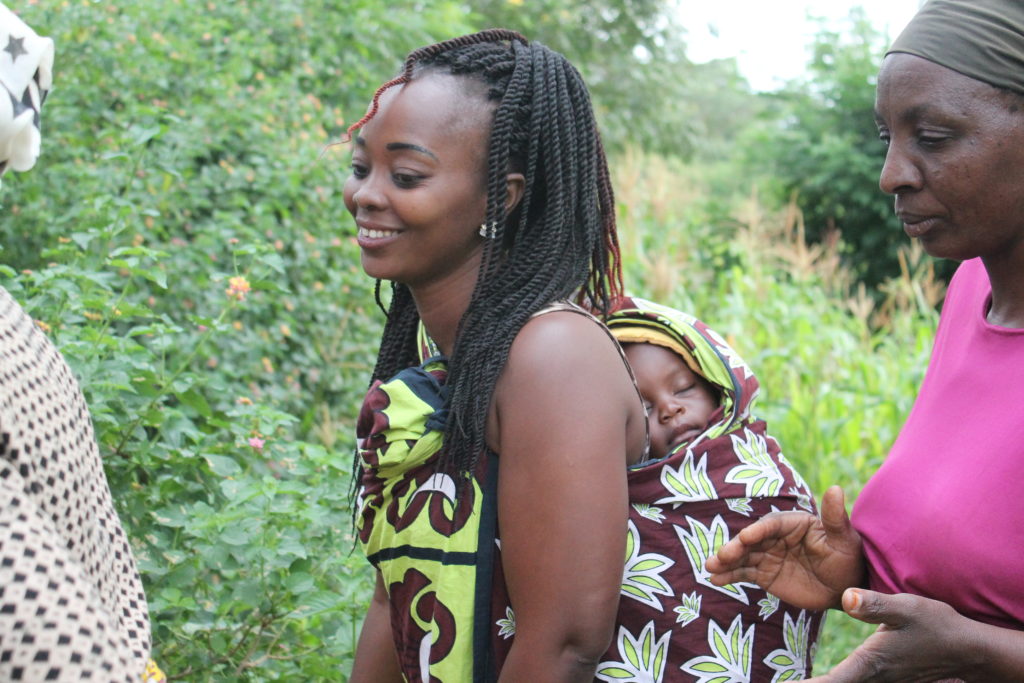
Kulikila Widows Group is the second recipient of the Zooterra partnership with Wildlife Works. Kulikila is one of Wildlife Works project areas and is characterized by its aridness. The women group is comprised of widows, all aged above 50.
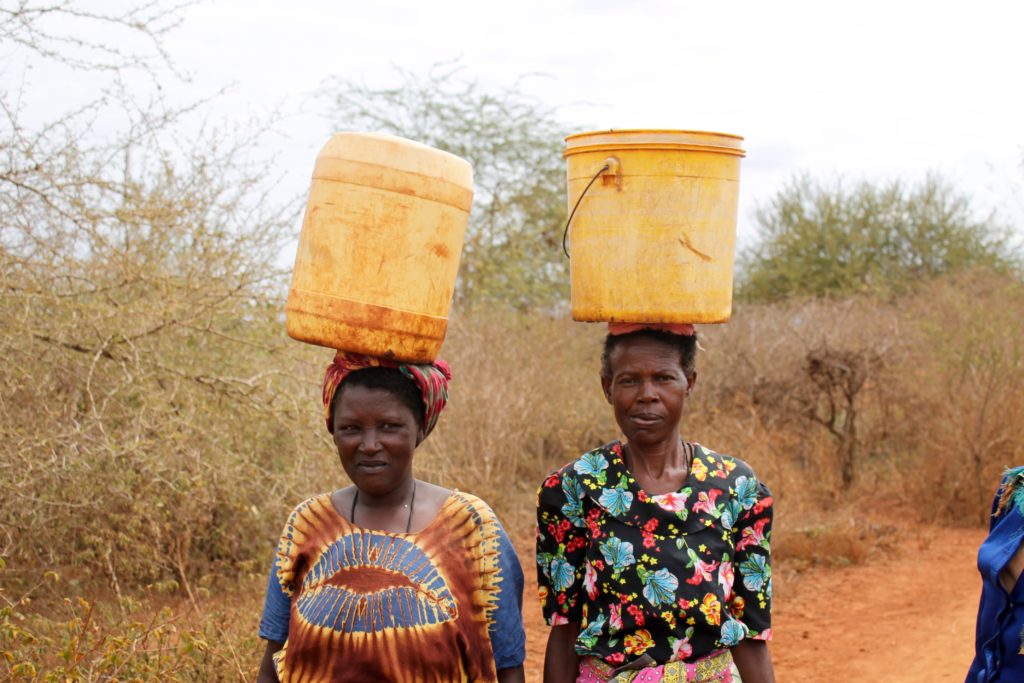
According to the Chairlady Mwikali Mutisya, the aim of forming the widows’ group is to encourage one another and offer moral support. “As widows, we understand what we are going through and that makes it easy to support one another,” she says. “We are positive that this project funded by Zooterra is going to sustain us economically,” she adds.
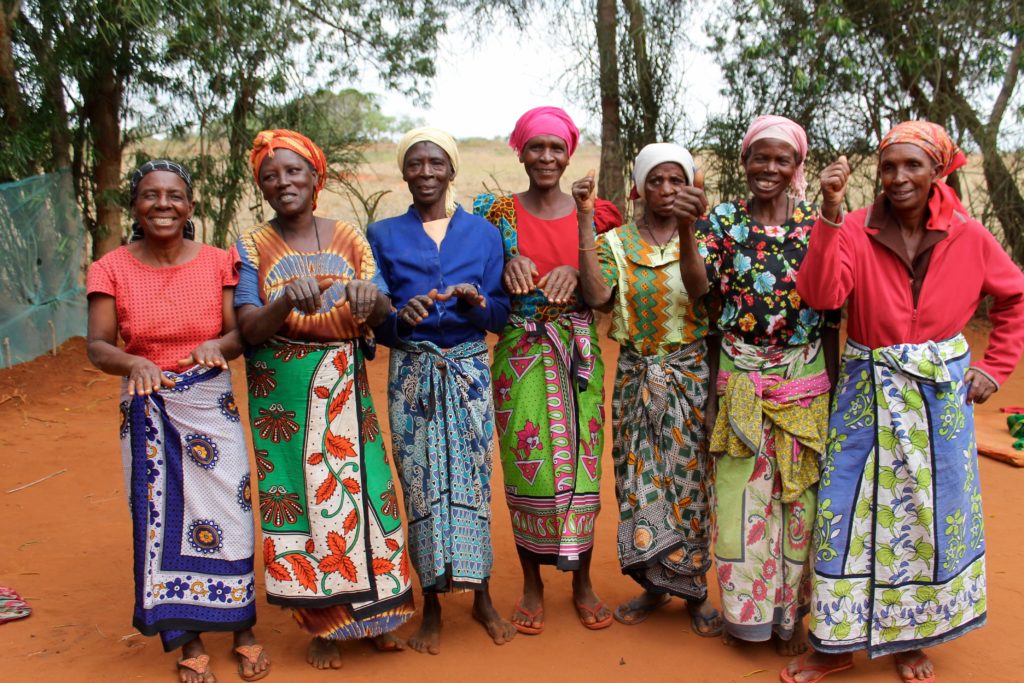
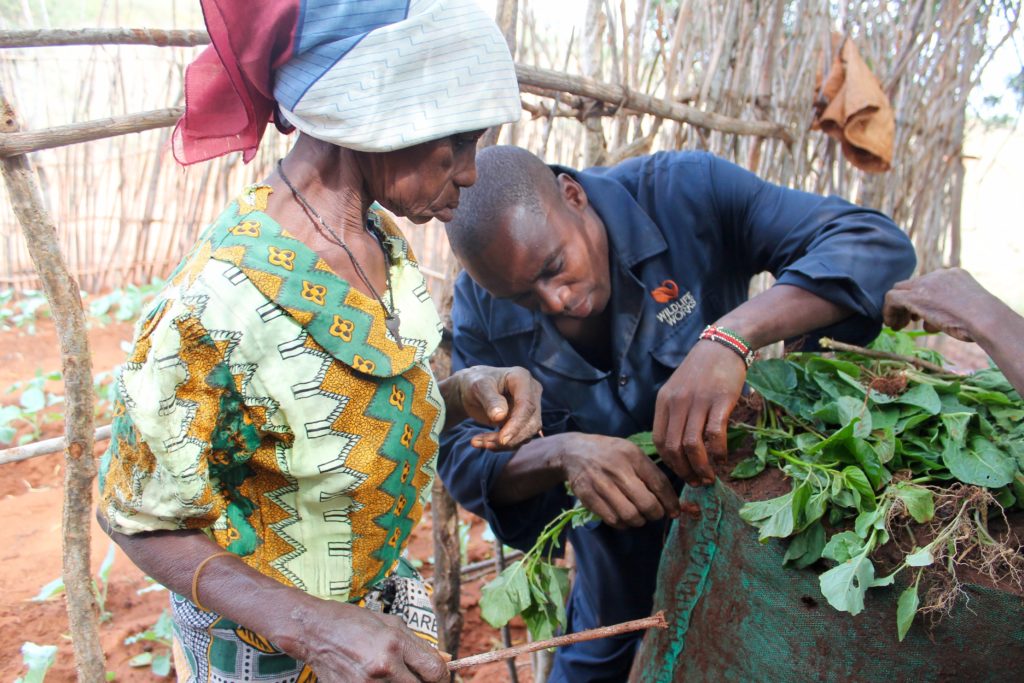
At the moment, our greenhouse team is helping the women set up more net sacks and plant more vegetables in its initial stages. Soon, the women will completely manage the project and subsequent crop sales.
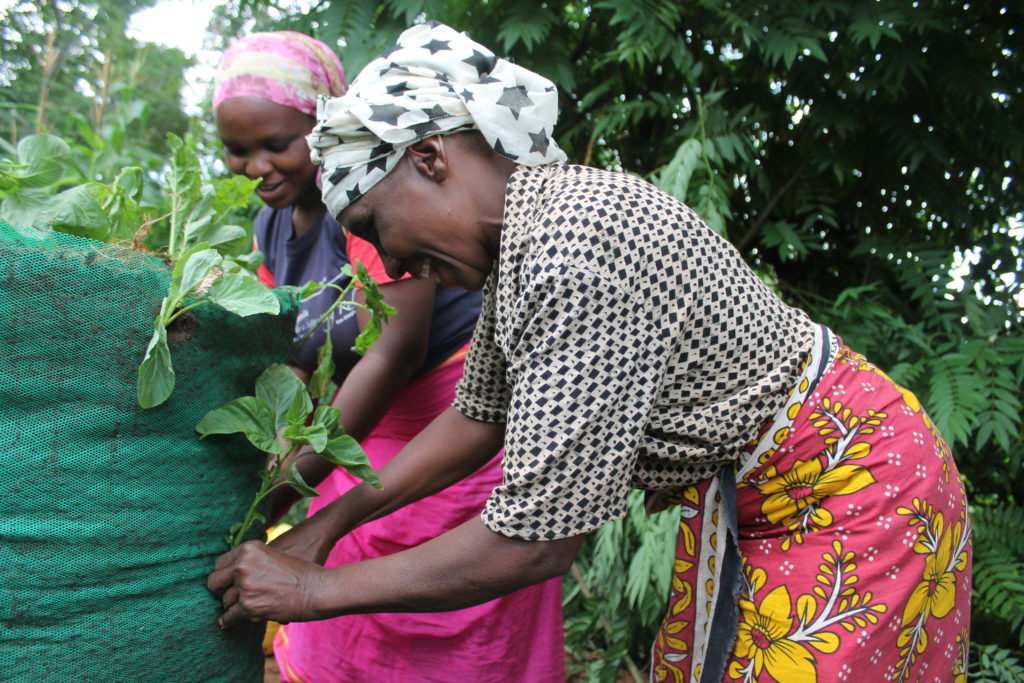
Investing in these women groups shows how agricultural techniques can help those who are economically marginalized overcome systematic barriers and end hunger in their communities.
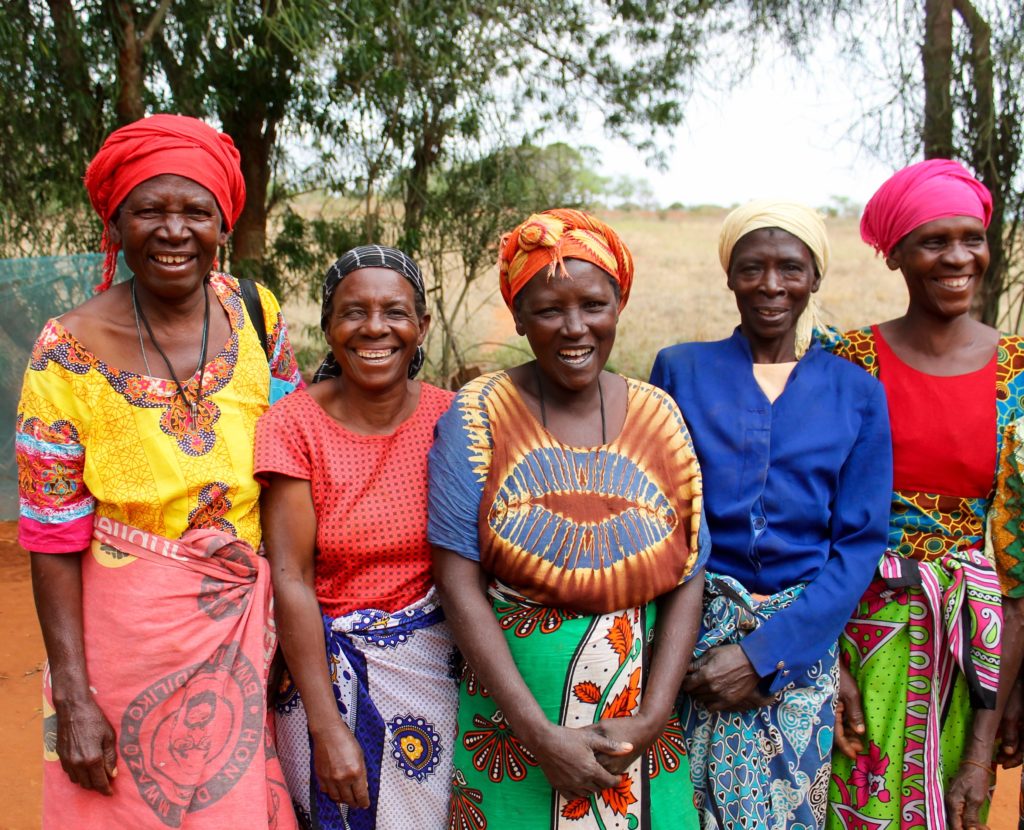
Wildlife Works would like to thank Zooterra for their partnership as well as our greenhouse team for their work implementing the project.
